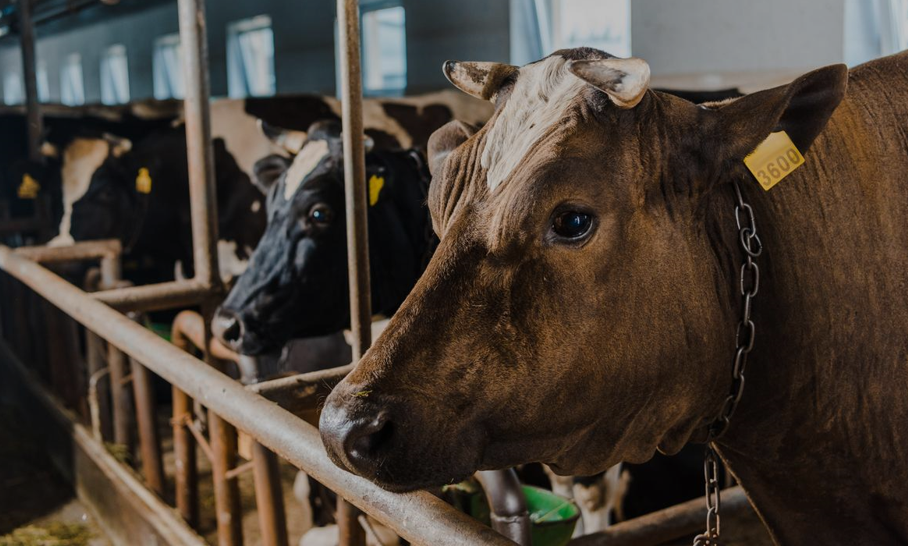By Nick Lavars
July 11, 2022
Facebook
Twitter
Flipboard
LinkedIn

A new study has detected microplastics in the milk, blood
and meat of farm animals Photo credit: Depositphotos
VIEW 1 IMAGES
The research was carried out by scientists at Vrije
Universiteit Amsterdam who in March made another important discovery
in this space. By using a novel form of mass spectrometry, the scientists
produced the first evidence of plastic
particles beings absorbed into the human bloodstream.
In a new pilot study, the scientists have applied the same
methodology to samples relating to farming practices. These include feeding
pellets, shredded feed, blood from cows and pigs, cow milk and meat products.
The analysis revealed that 80 percent of these samples
contained detectable amounts of at least one type of plastic. One hundred
percent of the pellets and shredded feed contained plastic, as did the cow and
pig blood samples, while 72 percent of the milk samples contained detectable
amounts of plastics, along with 75 percent of the meat samples.
The scientists consider this pilot study to be a “starting
point, not a concluding point.” Like many other studies in this area, the
findings do raise questions around how widespread the problem of plastic
pollution may be, and the potential impacts on human health. Much more work is
needed, but studies have demonstrated that plastic particles can have toxic
effects on cells and alter
their shape. Mouse studies have also suggested plastic
particles can infiltrate the blood brain barrier and increase the risk
of high
cholesterol and blood disease.
“Animals are exposed to plastic particles in their habitat
and they are able to absorb at least some of those particles.,” said co-author
of the study Heather Leslie. “This study should
be an incentive to further explore the full extent of exposure and any
associated risks. Producing plastic-free feed for animals can be a way to
improve the exposure to plastic particles for livestock.”
A report on the research, which was commissioned by the
Plastic Soup Foundation, is available here.
Source: Plastic Soup Foundation